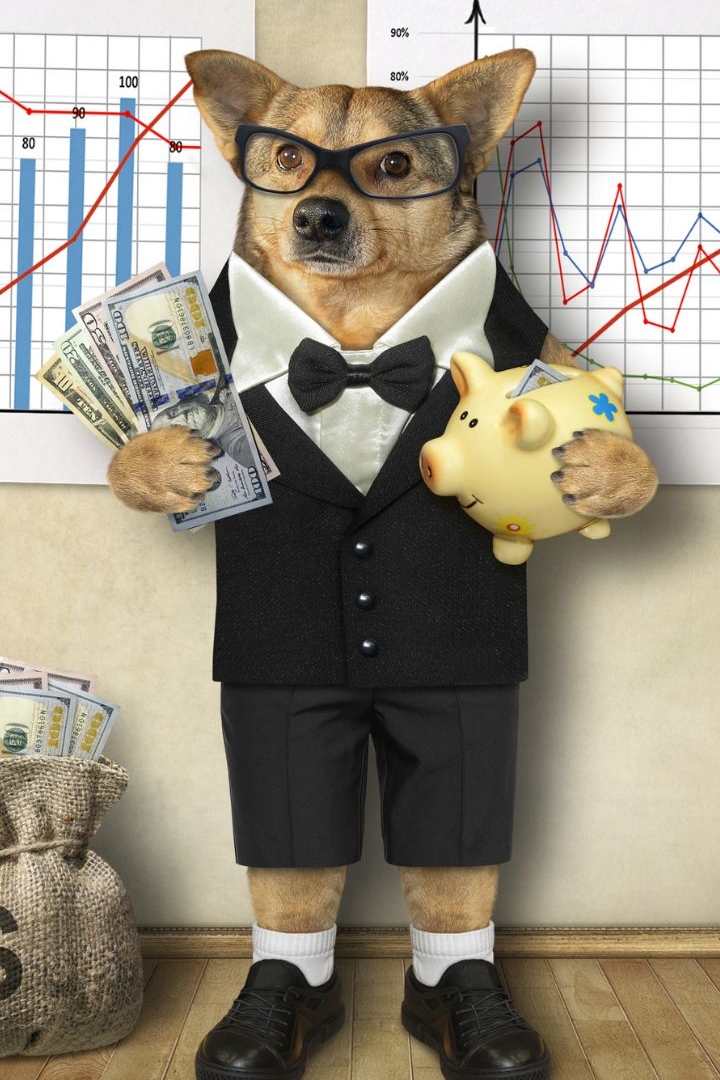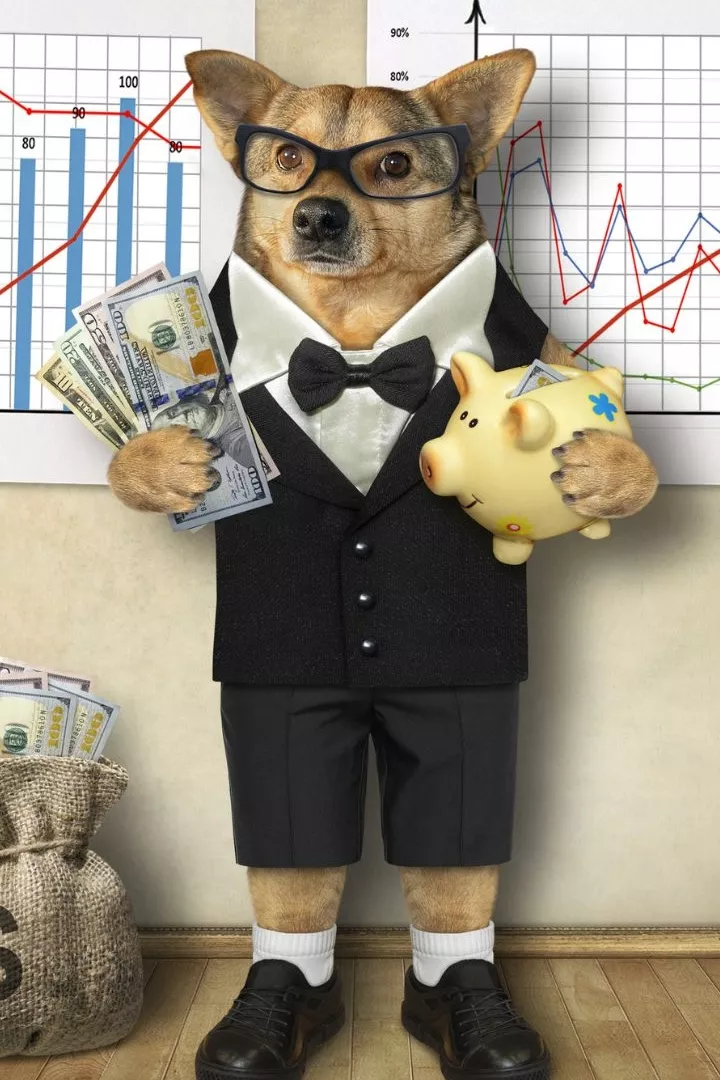

Financial considerations when getting a dog
When welcoming a furry friend into your home, it's essential to consider the financial aspects of responsible pet ownership. in this webstory let's have a look at the financial considerations when you get a dog


1. Financial Planning for Your New Canine Companion
Understanding the financial aspects of owning a dog is crucial for responsible pet ownership.


2. Initial Adoption or Purchase Costs
Explore the upfront expenses involved in bringing a dog into your home.


3. Ongoing Veterinary Care Expenses
Budget for routine veterinary care and potential unexpected health issues.
4. Quality nutrition matters
Invest in high-quality dog food for your pet's overall well-being.
5. Grooming and Hygiene Expenses
Account for grooming supplies and occasional professional grooming services.
6. Training and Socialization Investment
Invest in training classes and socialization opportunities for a well-behaved pet.
7. Pet Insurance Considerations
Explore the benefits of pet insurance for unexpected medical expenses.
8. Identifying Potential Miscellaneous Expenses
Anticipate miscellaneous costs like toys, grooming tools, and licensing fees.
9. Emergency Fund for Unforeseen Expenses
Establish an emergency fund for unexpected dog-related costs.
10. Long-Term Financial Planning
Consider the lifetime commitment and long-term financial implications of dog ownership.
Other stories
Check out the other stories from The Happy Puppers
The Blog
Check out the blog
Before bringing a furry friend into your life, it's essential to consider the financial responsibilities associated with pet ownership. From initial adoption or purchase costs to ongoing expenses, a clear understanding of the financial commitment ensures a happy and healthy life for your canine companion.
When acquiring a dog, consider adoption fees from shelters or the cost of purchasing from a breeder. Initial expenses may include vaccinations, spaying/neutering, and a basic set of supplies such as a bed, bowls, leash, and collar.
Regular vet visits, vaccinations, and preventive medications contribute to ongoing health care costs. Additionally, having a financial buffer for unexpected illnesses or emergencies ensures that your pet receives prompt and necessary medical attention.
Choosing a nutritious and balanced diet is crucial for your dog's health. While high-quality dog food may have a higher upfront cost, it can contribute to long-term savings by preventing potential health issues associated with poor nutrition.
Routine grooming, including brushing, nail trimming, and occasional visits to a professional groomer, is necessary for your dog's comfort and hygiene. Allocate a budget for grooming supplies and occasional professional services.
Enrolling your dog in training classes and providing socialization experiences are essential for a well-behaved and well-adjusted pet. While some expenses may be upfront, the investment contributes to a positive long-term relationship with your furry friend.
Pet insurance can provide financial assistance in case of unexpected veterinary expenses. Research different plans, considering coverage options, deductibles, and premiums, to find the best fit for your budget and your pet's needs.
In addition to essential expenses, budget for miscellaneous items such as toys, grooming tools, and licensing fees. These small costs can add up, and planning for them ensures that you can provide your dog with a comfortable and enriched life.
Create a dedicated emergency fund for unforeseen dog-related expenses, such as sudden illnesses, injuries, or unexpected behavioral issues. This financial buffer provides peace of mind and ensures that your pet's needs are met, even in challenging situations.
Owning a dog is a long-term commitment that extends beyond the initial years. Plan for your dog's entire life, considering potential age-related health issues, changing dietary needs, and adjustments to your living situation. Long-term financial planning ensures your dog's continued well-being throughout their life.
THE HAPPY PUPPERS is your one-stop destination for everything related to dog care, health, psychology and training.
Hi I am Dr Shruti. I love writing on everything related to dog care. Welcome to your one-stop destination of dog care. Articles focus on dog care, grooming, psychology, training, diseases and everything else dog-related.